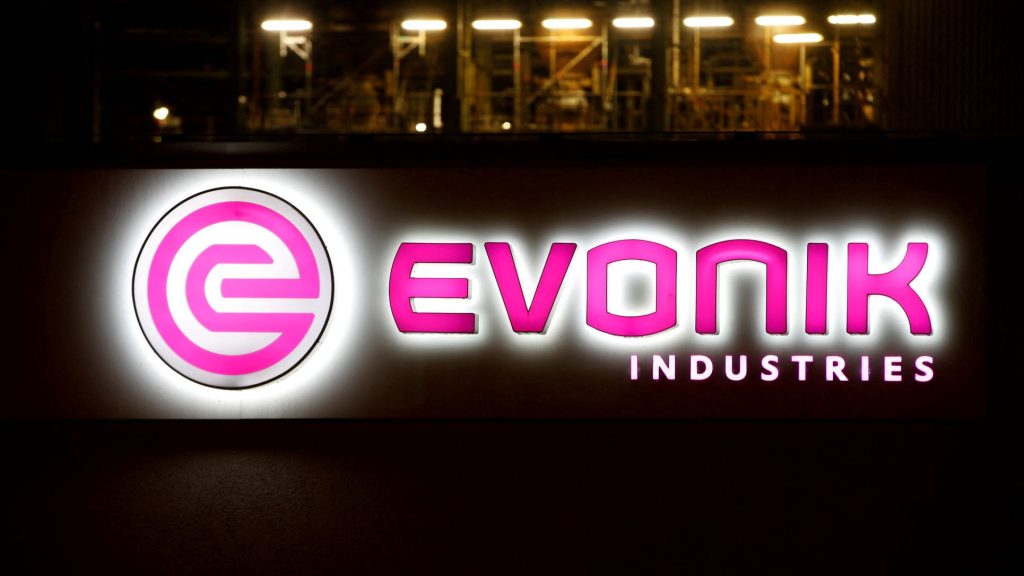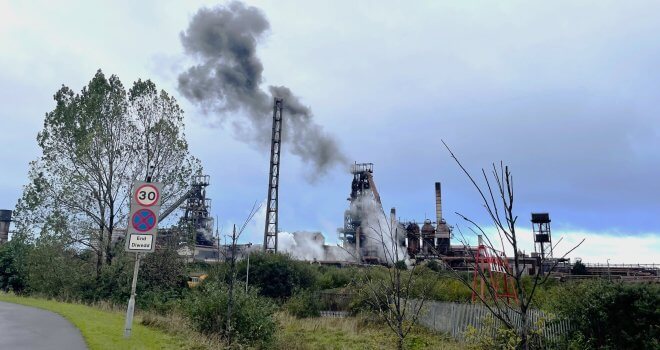Evonik Targets EV Battery Recycling, Food Tech In Innovation Drive

Germany’s Evonik Industries is working on ways to help recycle lithium from electric car batteries and limit the need for crop fertilisers as part of an innovation drive already tipped to add 1 billion euros ($998 million) to sales in the 10 years to 2025.
At its innovation conference on Thursday, the speciality chemicals company said it saw electric vehicles, food production and meat testing as three particularly interesting fields.
According to Evonik, up to 95% of the lithium in lithium-ion electric vehicle batteries is not being recycled, mainly due to high costs.
Its solution, currently being tested on a pilot scale, increases efficiency using an electrochemical process with a ceramic membrane, which results in battery-grade lithium for use in new cells.
Evonik’s specialists are confident the ceramic membrane process will be market ready in three to five years, it said.
For agriculture, the company is developing bacteria as biostimulants to supply nitrogen needed to grow cereals such as wheat and corn, instead of energy-intensive synthetic fertilisers.
“Our idea was to provide the plants with nitrogen from the atmosphere with bacteria. If this idea is successful this makes a major contribution to sustainability…,” said Jan Wolter who heads the farm-to-fork division at Evonik’s innovation unit Creavis.
The company said it expected to launch the first biostimulant formulations commercially between 2025 and 2027.
It is also working on technology to help determine the origin and quality of chicken products, aiming to tap into consumer demand for increased transparency.
Development work on the product, which uses an epigenetics and bioinformatics platform to test for a multitude of animal welfare factors, is well advanced and specific tests can be made available to customers in the short- to mid-term, Evonik said.
(Reporting by Karol Badohal; Editing by Mark Potter)




